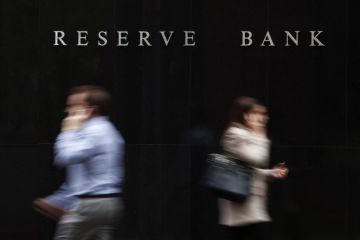First-home buyer affordability improves across most capital cities: report
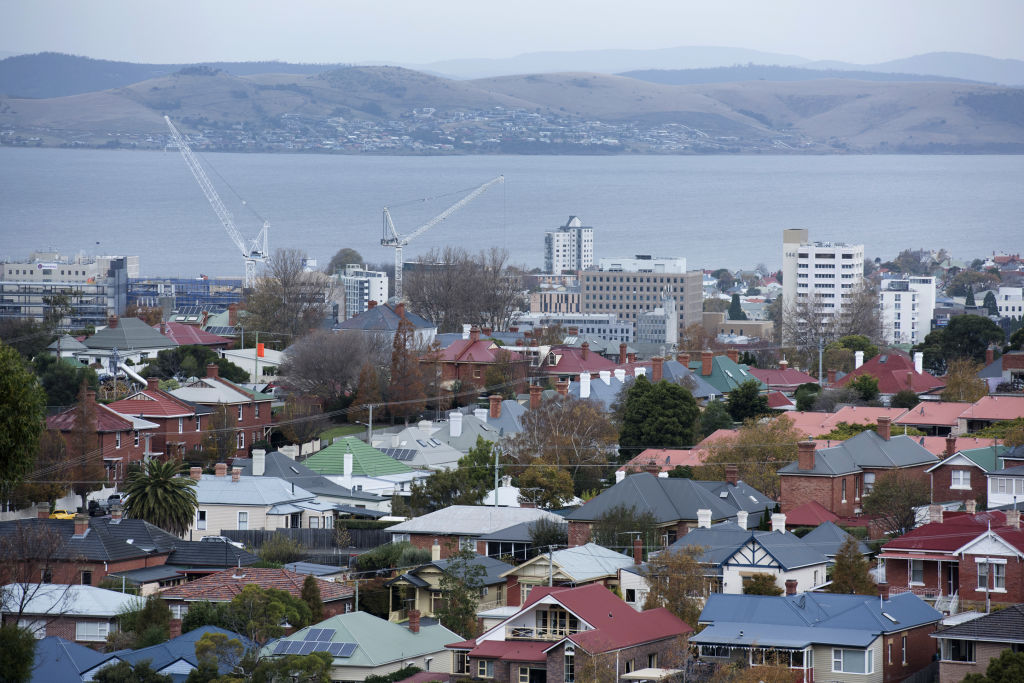
Australians hoping to buy their first home will be buoyed by a new report which has found the average time needed to save a deposit has fallen over the past 12 months in major capital cities.
Domain analysed entry-level house prices in the cities’ most affordable areas and estimated the time required to save a 20 per cent deposit, drawing on average wage data from the Australian Bureau of Statistics. The result is welcome news for first-home buyers, according to Domain senior research analyst Nicola Powell.
“It’s the first time in a while that these figures have dropped,” Dr Powell said. “Definitely year-on-year it’s good news around affordability for buyers … the journey to home ownership is now that little bit shorter.”
| Source: Domain First Home Buyers Report. | |||
| City | Entry House Price | Time to save | YoY change (months) |
| Sydney | $650,000 | 6 years 2 months | -5 |
| Melbourne | $568,000 | 5 years 9 months | -2 |
| Brisbane | $425,000 | 4 years 3 months | 1 |
| Adelaide | $372,500 | 3 years 11 months | 1 |
| Perth | $385,000 | 3 years 6 months | -1 |
| Hobart | $360,000 | 4 years | 6 |
| Darwin | $400,000 | 3 years 5 months | -1 |
| Canberra | $559,000 | 4 years 11 months | 1 |
A dual-income couple aged between 25 and 34, who were each saving one-fifth of their post-tax income, would now reach their dream of owning a house faster in Sydney, Melbourne, Perth and Darwin, the Domain First-Home Buyers Report, released on Friday, found.
For couples looking to buy a unit, only those living in Hobart had not had months shaved off their savings timeline. Entry-level property prices were calculated based on the 25th percentile of recent sales data.
In Sydney and Melbourne, the timeline change came as the recent market cool-off started filtering down from the upper and middle market echelons to the entry-level market, Dr Powell explained.
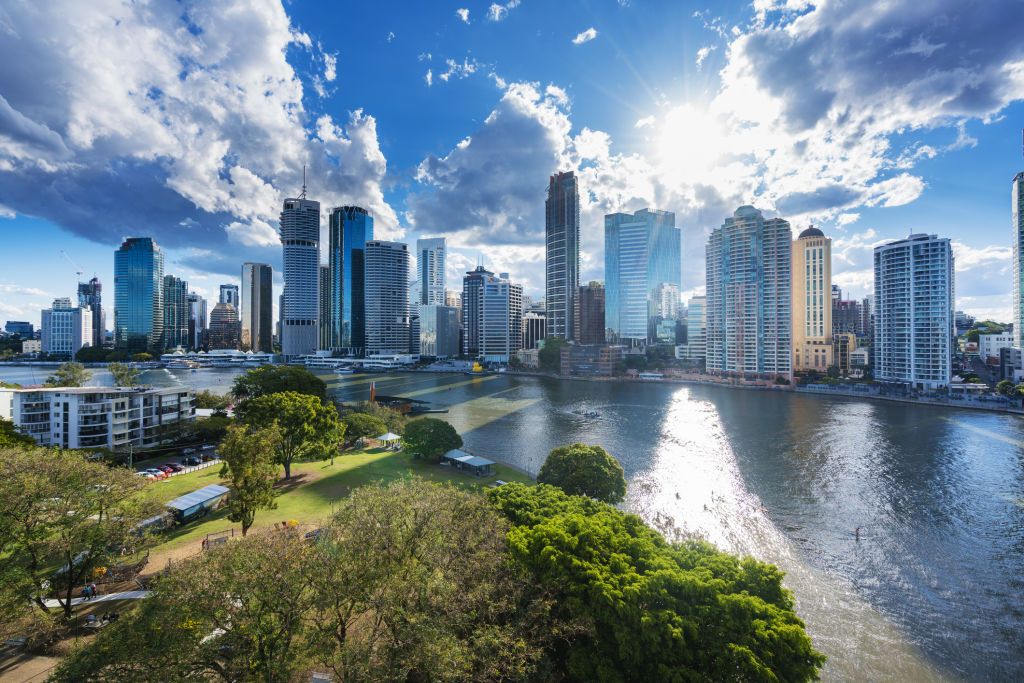
Couples in Sydney aiming to purchase a property priced at $650,000 would take six years and two months to get their $130,000 deposit together, five months fewer than this time last year – the largest drop across the country.
It was a similar story for Sydneysiders looking to buy an entry-level unit for $560,000, with a $112,000 deposit now taking five years and four months to save, down from five years and nine months.
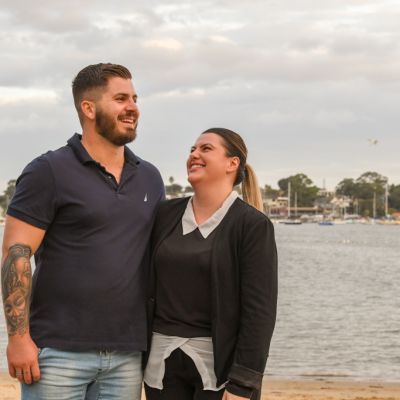 Sydney first-home buyers’ time to save for deposit falls by five months
Sydney first-home buyers’ time to save for deposit falls by five months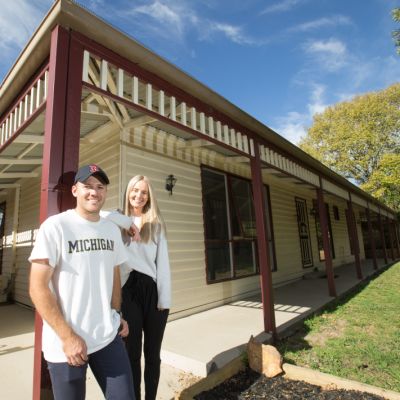 Melbourne first-home buyers need to save for nearly six years for average house deposit: report
Melbourne first-home buyers need to save for nearly six years for average house deposit: report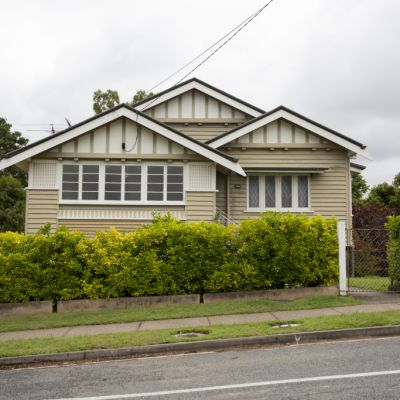 Brisbane first-home buyers: It takes more than four years to save a 20 per cent deposit
Brisbane first-home buyers: It takes more than four years to save a 20 per cent deposit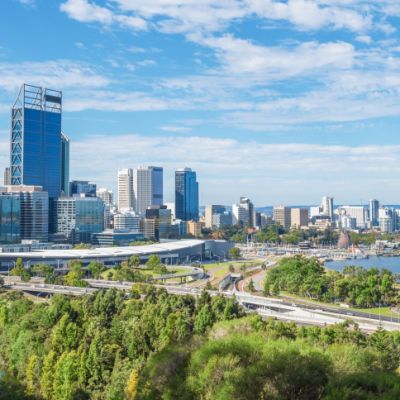 Prospective Perth first-home buyers encouraged to capitalise on favourable prices
Prospective Perth first-home buyers encouraged to capitalise on favourable prices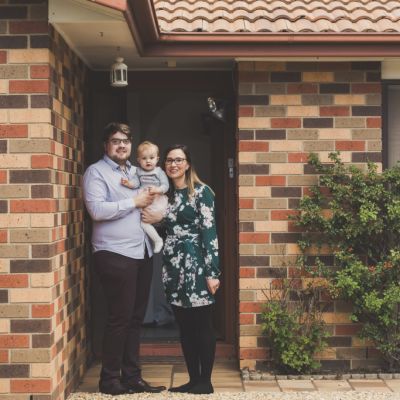 Canberra first-home buyers save for almost five years for a 20 per cent deposit
Canberra first-home buyers save for almost five years for a 20 per cent deposit
Despite the increasing affordability, Dr Powell noted that Sydney remained the most challenging market for buyers, “as it’s a city that really struggles to provide affordable housing”. Entry-level price data encompasses the NSW Central Coast, as well as Mount Druitt and Campbelltown.
For Melburnians, a deposit of $113,600 for a $538,000 home was taking, on average, five years and nine months to achieve – a 2.9 per cent, or two-month, drop year-on-year. Units were also more within reach, with a deposit of $79,000 for a $395,000 property taking four years to bank, two months less than last year.
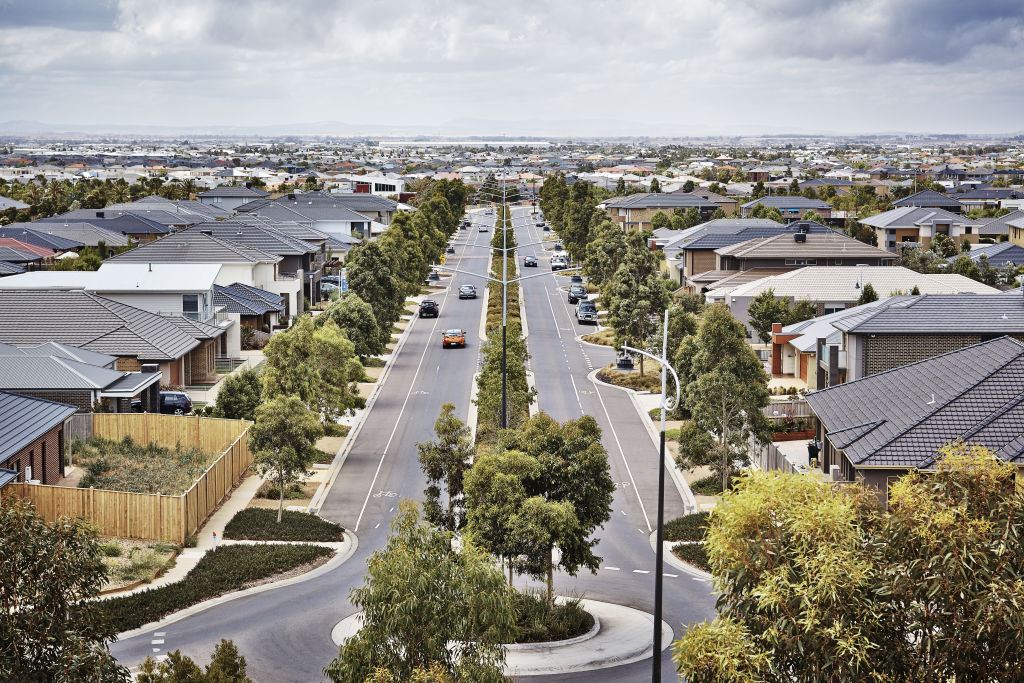
The city’s cheapest local government area in which to buy a house was Melton, which takes in Caroline Springs, Toolern Vale and new suburb estates like Rockbank and Fraser Rise, with the western growth corridor of Wyndham also a booming postcode for first-home buyers.
Across the country, the data revealed more moderate changes, with couples having to save a little longer for a house deposit in Canberra, Brisbane and Adelaide (one month longer), while first-home buyers in Darwin and Perth had a month shaved off the time they needed to save.
For units, the outlook was more broadly positive: couples can save faster in Darwin, Brisbane and Perth (three months fewer), Canberra (two months less), and Adelaide, where savings goals were met one month sooner than this time last year.
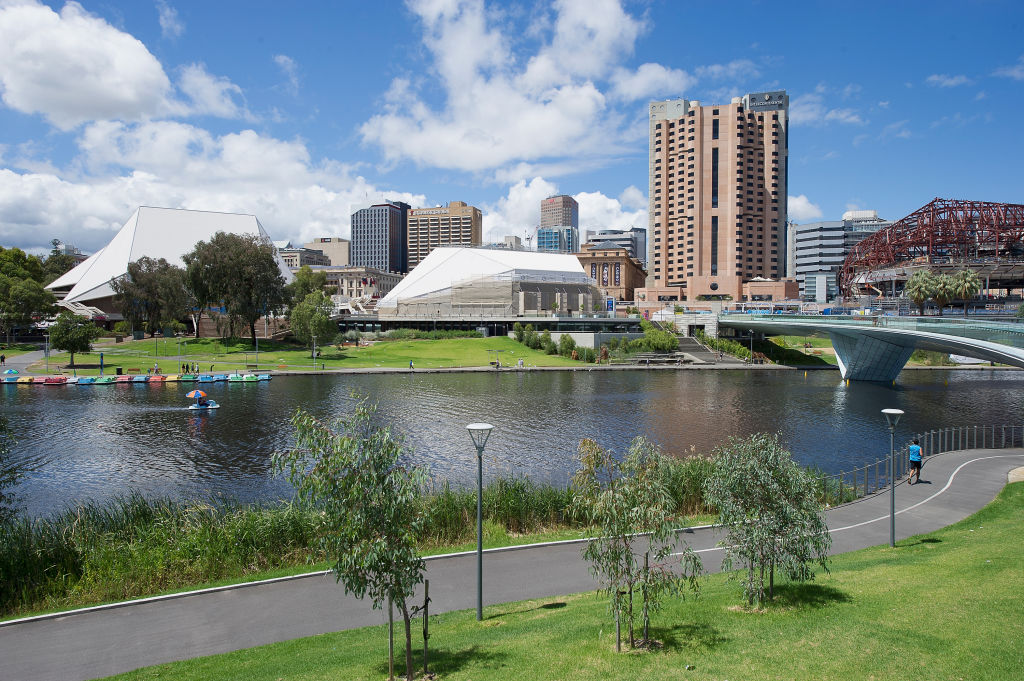
For Australians wanting to fast-track home ownership, Adelaide offered one of the quickest routes with a 20 per cent deposit for an entry-priced unit – costing $270,000 – taking two years and 10 months, a drop of one month.
“Adelaide offers entry buyers greater opportunity compared to other markets. Not only is it one of the more affordable capitals, a purchase closer to the CBD is a greater prospect,” Dr Powell said.
Hobart bucked the national trend, with couples having to save for four years – six months longer – to accumulate enough for a $72,000 deposit on a house valued at $360,000. The story was much the same when it came to units, with the savings time jumping from three years to three and a half years over the past 12 months.
Dr Powell said the result was not really a surprise given the continued price growth in a “hot” Hobart market.
Despite the widespread reprieve, Dr Powell said entering the property market remained a challenge for young Australians.
“What these figures show is that, even if you’re not thinking of purchasing in the next year or two, you need to start putting your savings plan in place well in advance,” she said.
“Prices are likely to fall further, so affordability will improve – the market is favourable for buyers, which hasn’t been the case for quite some time.”
We thought you might like
States
Capital Cities
Capital Cities - Rentals
Popular Areas
Allhomes
More

